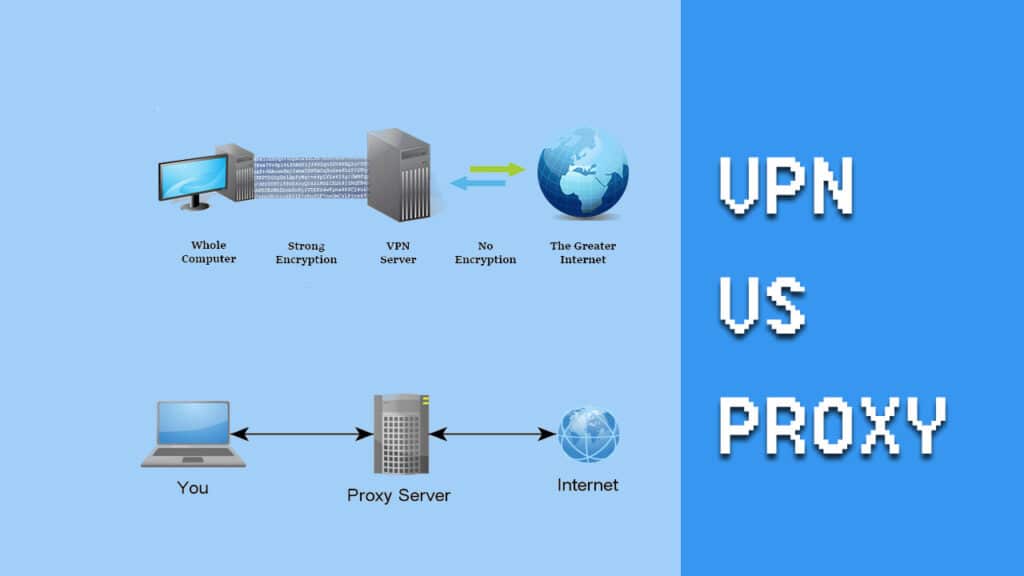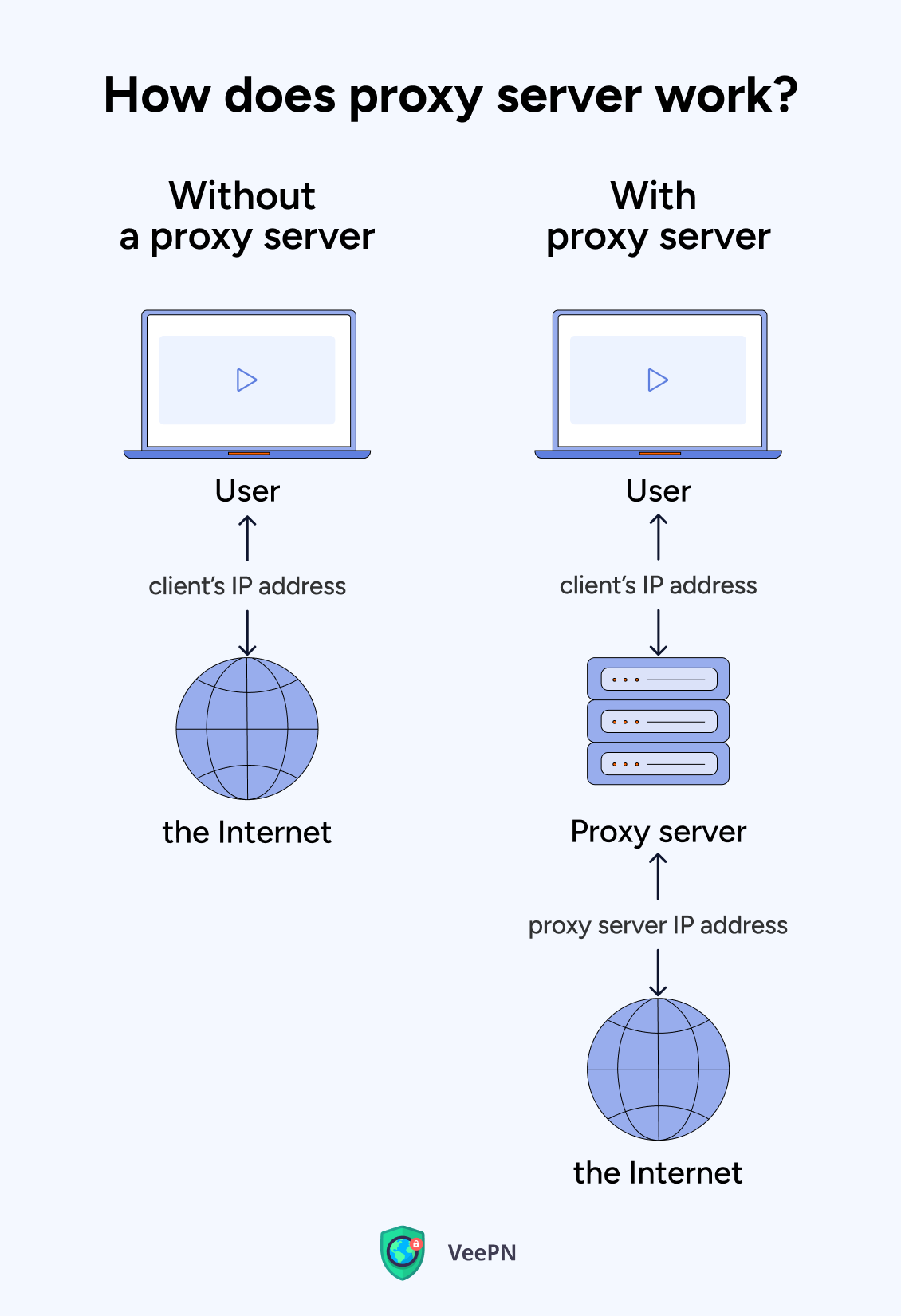Featured
Table of Contents
Reverse Proxy Vs. Vpn: What's The Difference? - Wired Titan
SOCKS5 is not the very same as a VPN. Rather, SOCKS5 is a kind of proxy server that's usually used for online gaming, sharing files or video chatting on a single site or app. VPNs, on the other hand, secure all web activity throughout all websites and apps.
For this factor, some users pay for a personal proxy server which restricts the number of users that access it, accelerating your connections. Proxies are also vulnerable to security exploits: they can be open to attack, permitting the bad guys to penetrate networks or steal personal data. Some proxies can still track (and shop) your surfing habits, in addition to recording usernames and passwords rendering that pledge of anonymity null.
VPNs utilize a regional customer to create the connection to the VPN server, so any local CPU or memory problems will decrease the connections. VPNs are generally more expensive to utilize (and preserve) than a proxy server, and they are frequently more intricate to manage. Much like proxy servers, VPNs can't guarantee anonymity while searching.
A VPN only guarantees an end-to-end encrypted connection if you use the HTTPS procedure when you go to a brand-new web address. Your data will be secured to the VPN, however from that point on, it might be unencrypted to the web server. For some websites, this might be irrelevant: an information-only webpage without any login or payment choices for example, however for any websites that need a login or online payments or any sensitive data ensure the site is allowed to utilize HTTPS.
Proxy Vs. Vpn – The Definitive Guide
The biggest argument to utilize a VPN instead of a proxy is the total file encryption for all traffic you get with the VPN. Dollar for dollar, a VPN is more safe than a likewise priced proxy. VPN service providers keep their own networks and you use their IP addresses for your connections.
Personal privacy and security matter nowadays, no matter if it's your company data or your own individual information you need to secure. Make sure you're investing time and cash into the appropriate tools for your security goals: both proxies and VPNs include an additional layer of security and personal privacy to your data.

If your issues are more around "what websites are my users hitting," a proxy server is a much better tool. To get one of the most bang for the dollar (and to protect your information as a security-aware person), sign up for a well-regarded VPN service. For the most part, VPN services allow you to use servers in various locations to work around content constraints.

If you're concerned about your privacy when utilizing the web, you might have considered utilizing either a VPN or a proxy server. Both increase the security of your web connection, but how precisely do they work, and how do they vary? If you are seeking to improve your online personal privacy, it is essential to comprehend the difference in between VPNs and proxy servers to ensure you're selecting the right tool for the task.
Difference Between Proxies & Vpn
How they achieve that and the degree to which they use other personal privacy functions varies considerably. Normally, when web surfing, your computer connects to a site directly and starts downloading pages for you to read. This process is uncomplicated. However, when you utilize a proxy server, your computer sends all web traffic to the proxy initially.
VPNs work on the operating system level. This suggests that they reroute all your traffic, whether originating from your internet browser or an app. They also secure traffic in between the internet and your device. As a result, your Internet Service Service Provider (ISP) can't see what you're doing online just that you're connected to a VPN server.


While speeds differ from provider to company, VPNs are typically the faster alternative. It isn't a great idea to use a totally free VPN service because they are limited in what they can offer and tend to mine your information. As a result, users tend to go with paid-for VPNs, which offer higher information file encryption and are more safe and secure.
This implies that, in basic, VPNs tend to be the more costly option. VPNs deal with the operating system level and reroute all your traffic through a VPN server, while proxies deal with the application level and only reroute the traffic of a particular app or internet browser. This suggests that VPNs encrypt all web activity, despite website or app, while proxy servers only conceal one website or app at a time.
Ultimate Guide To Proxy Vs. Vpn In 2023: Which One Is ...
Proxy servers aren't just used to unlock particular sites. Certain companies business, schools, or libraries or possibly parents may desire to set up a transparent proxy to obstruct or filter users' content when utilizing the internet.
Latest Posts
Best Vpn According To Reddit In 2023
The Best Vpn To Use To Protect Your Privacy
Best Business Vpn In 2023 [Ranked & Reviewed]